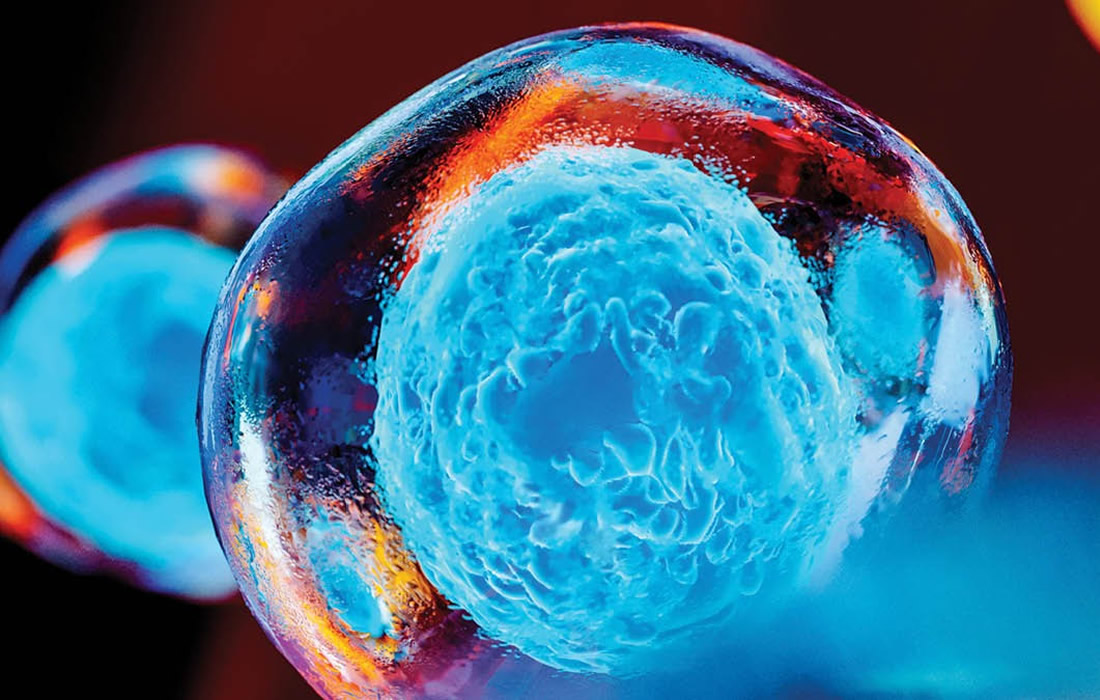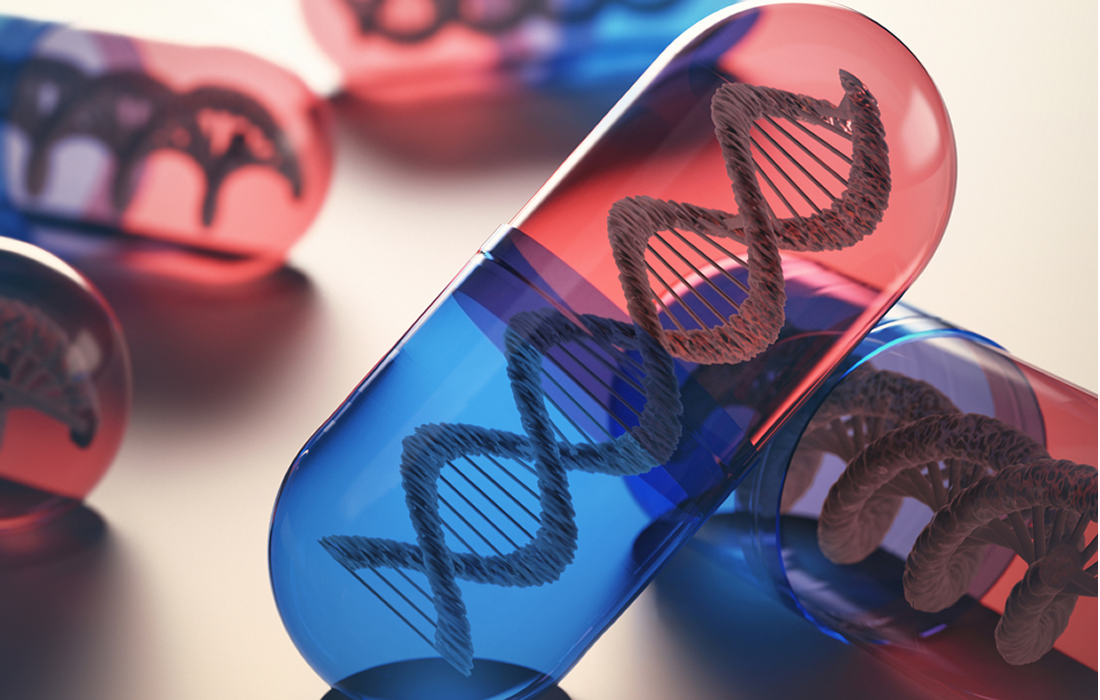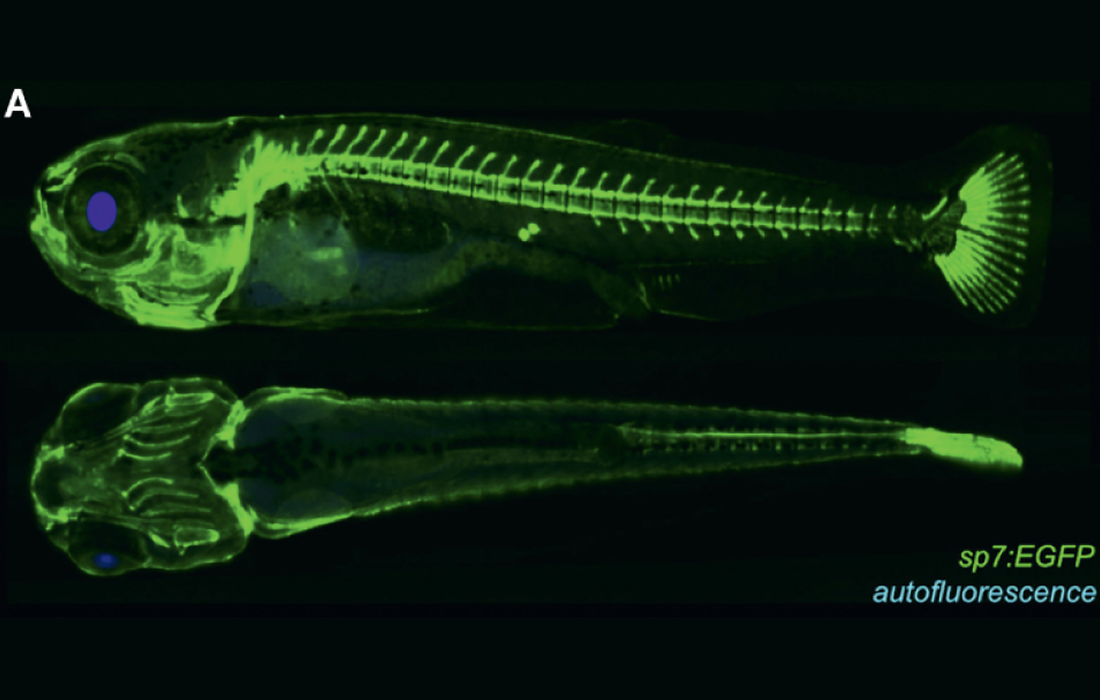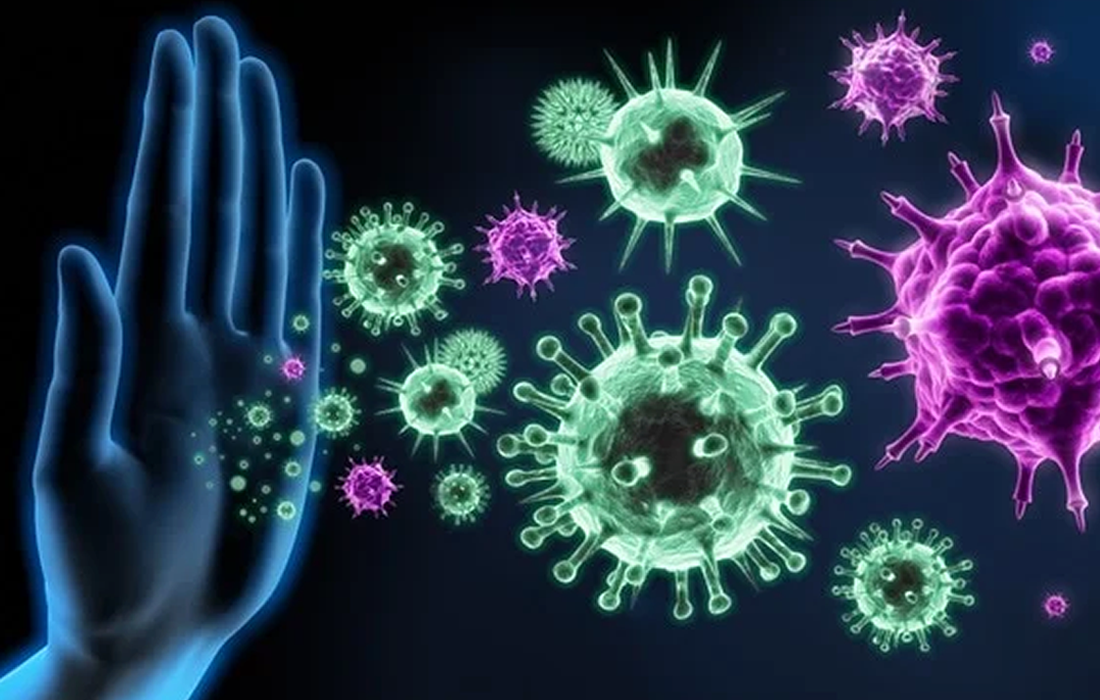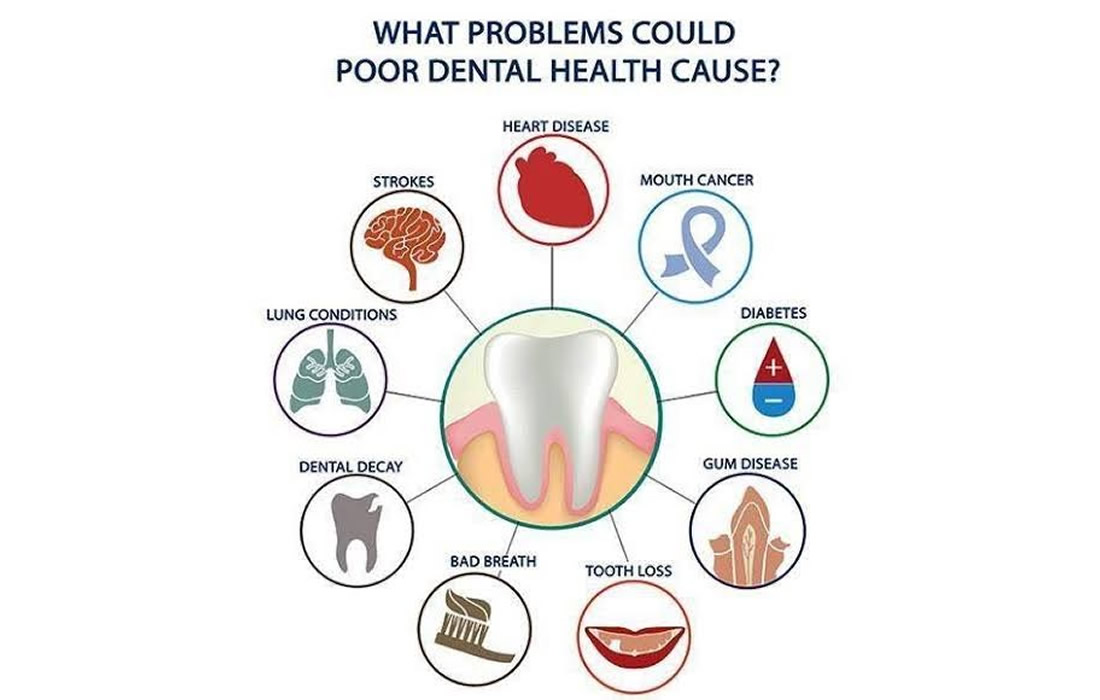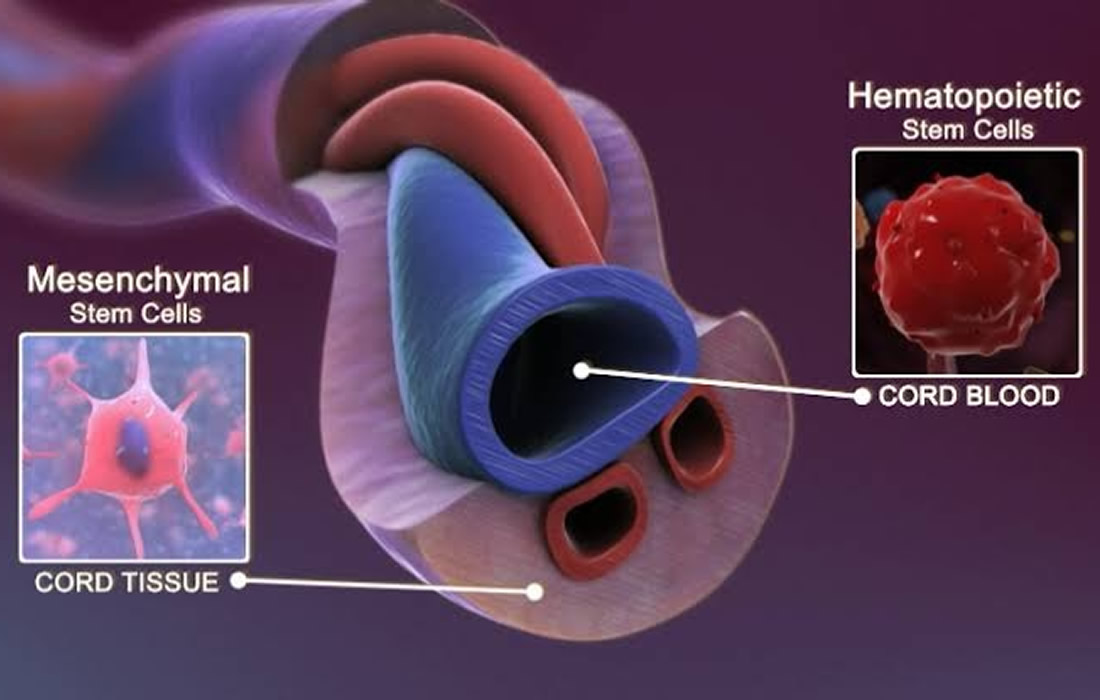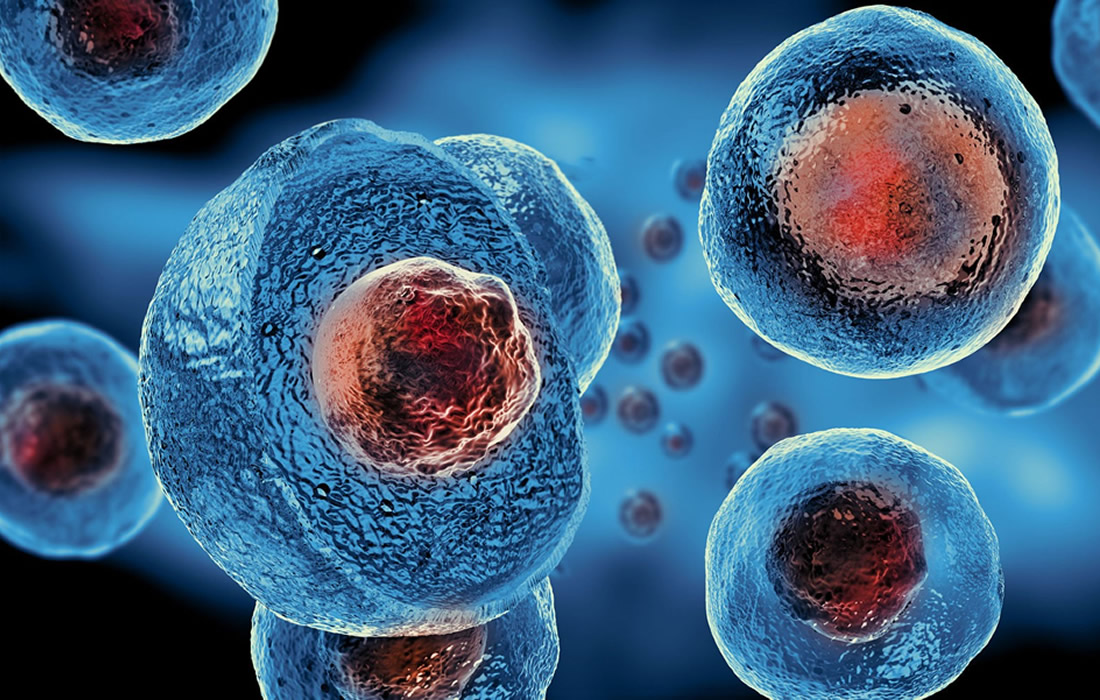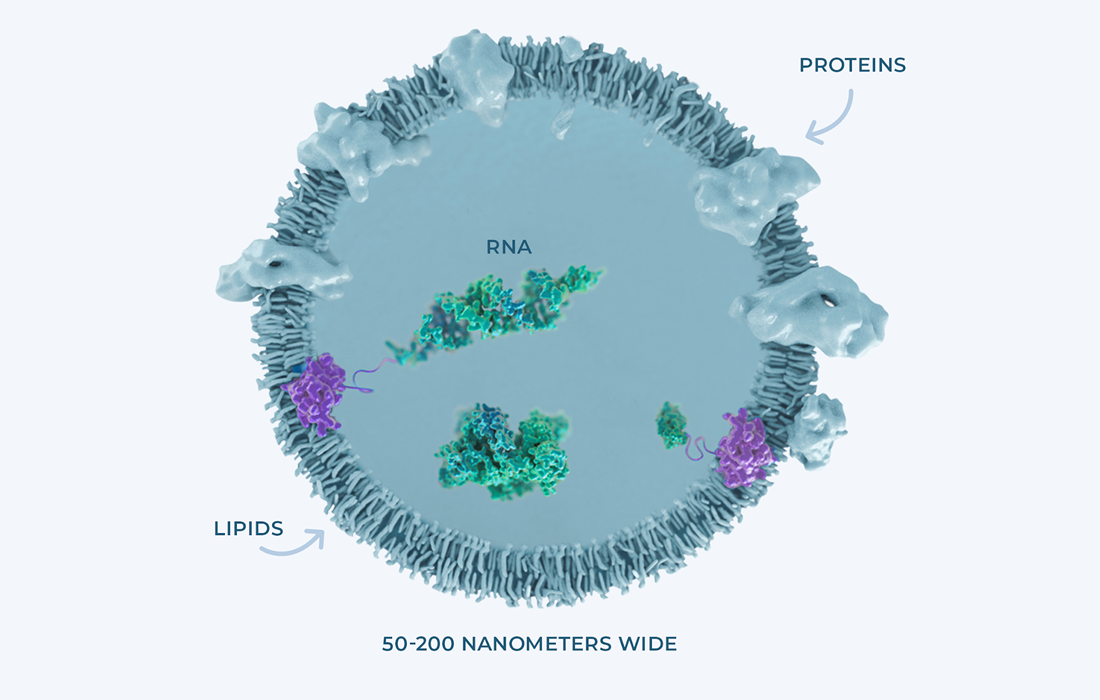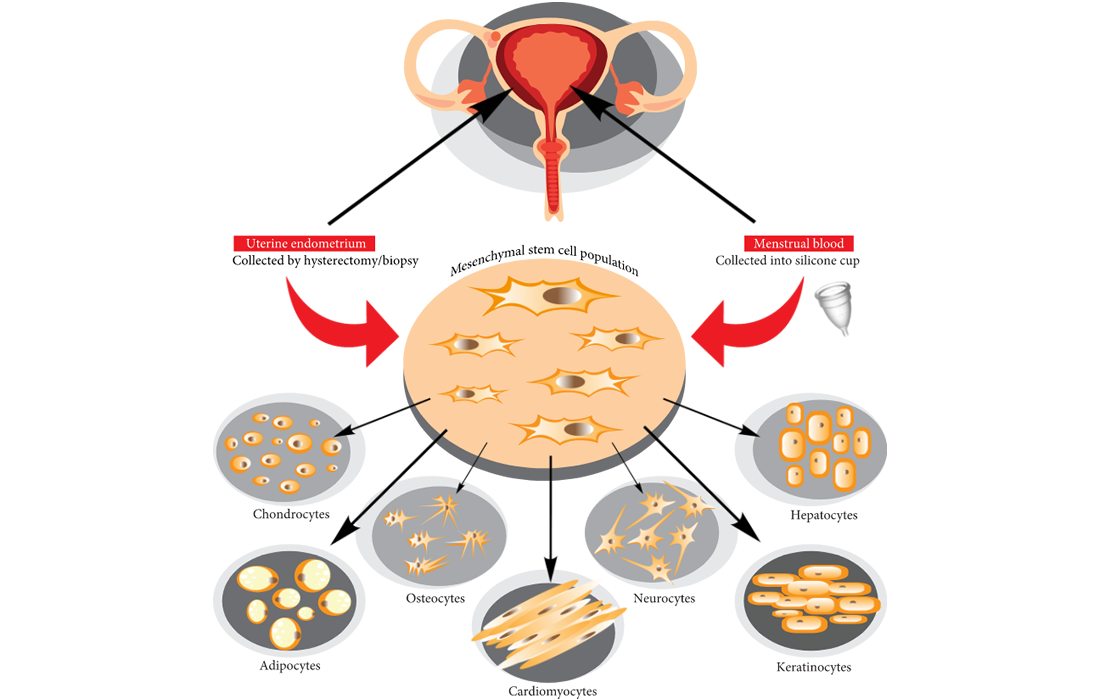A transplanted stem cell’s engagement with a pathologic niche is the first step in its restoration of homeostasis to that site. Inflammatory chemokines are constitutively produced in such a niche; their binding to receptors on the stem cells helps direct the cell’s pathotropism (attraction of drugs or in this case cells toward diseased structures). Neural […]
Category Archives: Regenerative Medicine News and General Information
Researchers in the United Kingdom have confirmed that a stem cell transplant has cured a second person of HIV. In 2007, Timothy Ray Brown became the first person ever whom doctors declared to be cured of HIV. At the time, they referred to him as the Berlin patient. After his diagnosis in the 1990s, he […]
Adult stem cells reside in niches that maintain, regulate and protect them. Fresh light has now been shed on how the need for protection has driven changes in the locations of these niches during evolution. The type of cells that we have in a given tissue or system are tissue specific stem cells that have […]
Mesenchymal stem cells (MSCs) are multipotent cells that can be isolated from various adult tissues such as the bone marrow, umbilical cord, adipose, peripheral blood, liver and tooth root. MSCs bring new enthusiasm for regenerative medicine and immune disorder-related diseases because they are convenient to isolate, have strong self-renewal abilities and have multipotent differentiation abilities. […]
The oral cavity is colonized by billions of bacteria, fungi, and even viruses, now known as oral microbiomes. It is well known that the oral microbial community includes pathogenic bacteria and probiotics, and that the homeostasis of oral microbiomes plays a crucial role in maintaining the well being and healthy status of a human. There […]
Stem cells are currently believed as the next future in medicine, due to their considerable therapeutic and biotechnological benefits in treating significant diseases such as cardiovascular diseases, diabetes and neurodegenerative diseases. Beside the use of stem cells in cell based therapies, stem cells applications are extended to the screening of new drugs and toxins and […]
Stem cells are undifferentiated cells that are present in the embryonic, fetal, and adult stages of life and give rise to differentiated cells that are the building blocks of tissue and organs. In the postnatal and adult stages of life, tissue-specific stem cells are found in differentiated organs and are key in repairing any type […]
Exosomes are nano-sized vesicles that serve as mediators for cell to cell communication. They have unique nucleic acids, proteins and lipids that reflect their characteristics of producer cells. They can be used as cell-free therapeutics. Mesenchymal stem cell derived exosomes have gained great attention due to their immunomodulatory and regenerative functions. Many studies have shown […]
A group of researchers from Harvard University have been studying the biological mechanism by which chronic stress affects the function of the hair follicle stem cells, confirming the long standing observation that stress might lead to hair loss. They did a mouse model study in which they induced stress with the stress hormone corticosterone which […]
The human endometrium is a very dynamic tissue undergoing an extraordinary growth during pregnancy and, in a cyclic manner, during the reproductive life of each woman. They have what is called endometrial stem cells (ESC) that are undifferentiated, auto-renewable cells able to generate daughter cells that could potentially be used as a source of stem […]

